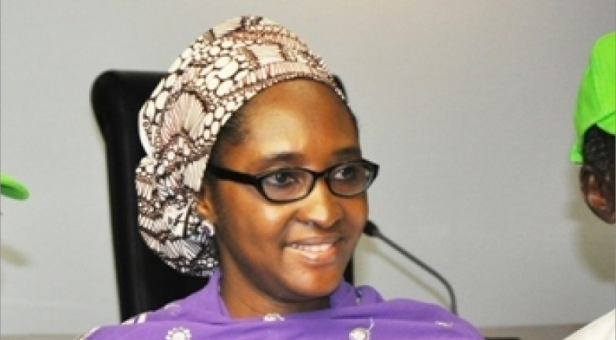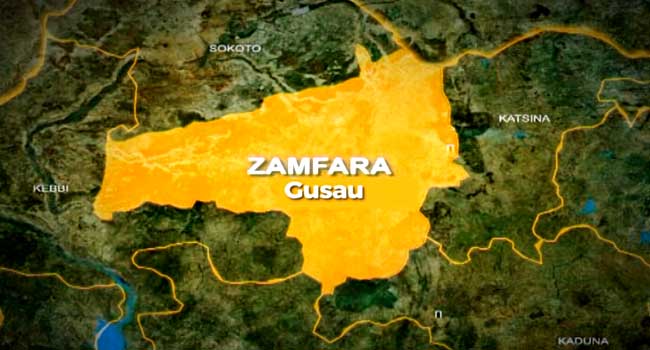FG to invest more in human capital development – Minister

Worried by the recent Human Capital Index (HCI) which placed Nigeria 152 out of 157 countries ranked in the world, the Minister of Finance, Mrs. Zainab Ahmed, has said the federal government will increase investments in human capital development in Nigeria.
She also said the government is willing to partner orgnaised groups to raise human capacity profile in Nigeria.

The minister, in a statement in Abuja, called on “all stakeholders, including community service organizations, the private sector, traditional leaders and development partners, to foster a national dialogue and work together with Government to find country-led solutions to the critical human capital challenges facing the nation” especially chalenges bordering on “demography, stunting and education.”
The statement signed by Mr. Paul Ella Abechi, Special Assistant, Media & Communications on behalf of the minister also said whilst “the report is disheartening, it also reinforces the call for action already embedded in the ‘Investing in People’ pillar of Nigeria’s Economic Recovery and Growth Plan (ERGP).”
“The ERGP’s vision for a healthy, educated, productive, and resilient population is ambitious but necessary to ensure we can grow and compete in the economies of the future, reduce poverty and achieve peace and stability” the statement noted.
The statement indicated that the Federal Government will continue to empower states to identify and implement programmes that will allow for citizens to access their right to basic health and education while holding states accountable to deliver results.
“Government will also commit itself to equity in lifting people out of poverty, deploy innovative technology to tackle the challenges, partner with other stakeholders to improve service delivery, enhance social accountability and ensure that they are targeted at areas of critical human capital challenges” it noted.
“In the immediate future, the Government of Nigeria will focus on high-impact policies and interventions to make dramatic progress in improving human capital” the statement said, adding that “Nigeria is on the cusp of eradicating polio.”
“This would be an important accomplishment as the last polio cases were found in the conflict-stricken North-East states of Borno and Yobe. Other more complex human capital challenges including demography, out-of-school children, learning quality, under-five child mortality, youth employment and women empowerment will require sustained long-term efforts,” she indicated.
She indicated that years of under-investment in Human Capital cannot be addressed through policies and plans alone; suggesting that more must be done because the key to success is devising strategies for effective implementation of high-impact interventions.









